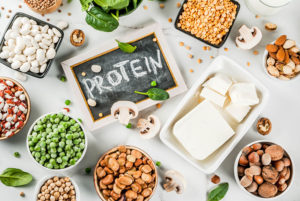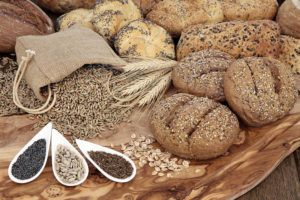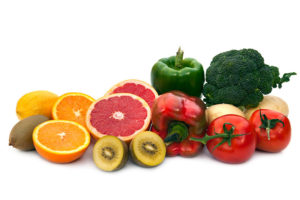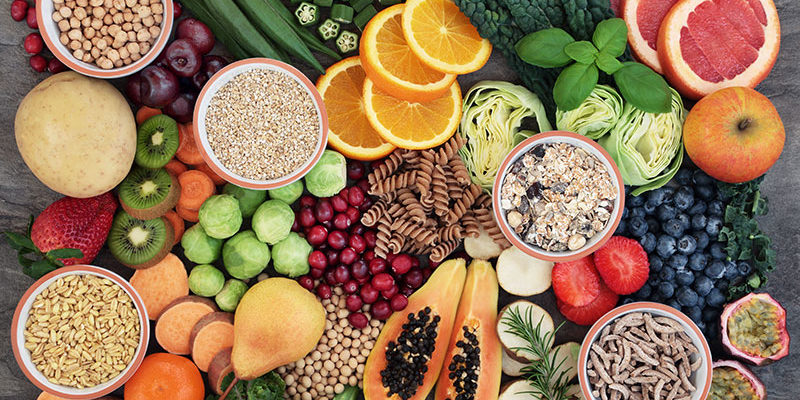Do you have a surgery coming up? Or are you currently recovering from a recent surgery? Did you know there are certain foods that help to speed up the healing process following surgery? You can help improve your outcome following surgery by adding a few simple things into your regular diet. Pain medication often causes constipation; however there are certain foods that will help offset this common side effect. There are also foods that help to fight off infection. This month you will be provided with a wide variety of food options to help you feel your best during your recovery.

Protein- Rich Foods:
Protein helps to build lean tissue. Collagen is the most abundant protein in the body and is vital in helping with the closing of incisions. Protein-Rich foods can also enhance your body’s ability to fight off infection. You can get protein from multiple different sources, such as: fish, egg whites, chicken, turkey, lean red meats, low-fat dairy products, and legumes (beans, peas, and lentils).
Fermented Dairy:
Following surgery you will be prescribed an antibiotic to help prevent infection. While antibiotics kill the bad bacteria, they also kill the good bacteria throughout the digestive tract. The good bacteria aids in promoting good digestive health; and also helps in the manufacturing of vitamins that play a key role in our immune system’s function. Yogurt and Kefir are two good sources of fermented dairy.
Fiber:
Pain medication, stress, decreased level of physical activity, and dehydration can all contribute to difficulty with your body’s elimination function. In addition to drinking plenty of water, you can add a few prunes each day to your diet to help “move things along”. Other foods that are high in fiber include: apples, pears, bran, oatmeal, flaxseed, chia seed, beans, and legumes.

Deeply Colored Fruits:
Deeply colored fruits such as, blueberries, strawberries, cherries, raspberries, blackberries, and pomegranate are rich in antioxidants. These berries help to improve the effects of vitamin C. Vitamin C improves capillary integrity and stabilizes the collagen matrix. Antioxidants help to reduce the amount of free radicals in the body. After surgery antioxidants are very important to counteract the increased production of free radicals in the body from the stress of the surgery as well as from the medication prescribed afterwards.
Vitamin C-Rich Foods
The stress on our bodies from having surgery can deplete Vitamin C stores. Vitamin C is necessary for wound healing as it helps to cross link collagen. In other words, make sure to get some Vitamin C in your diet to help speed the healing process of the incision site(s). Vitamin C sources include: red bell peppers, berries, kiwi, mangoes, papaya, cantaloupe, leafy greens, broccoli, brussel sprouts, tomatoes, and guava.

Orange Fruits and Veggies:
Vitamin A is found in oranges, carrots, sweet potatoes, mango, cantaloup, dried apricots, and dark leafy greens such as kale. Vitamin A works to repair and maintain soft tissue, mucous membranes, and skin. Giving yourself a boost of this Vitamin before AND after surgery is a great way to help yourself during the healing process!
Nuts and Seeds:
Zinc is a mineral that helps with cell growth and is also necessary for proper immune system function. Pumpkin, squash, and sesame seeds are all high in Zinc. Other good sources of Zinc include: oysters and red meats, especially beef, lamb, and liver.
Make sure to incorporate some of these foods onto your grocery list next time you head out to the grocery store to help you have a better, faster recovery.
**Information derived from VitaMedica**







